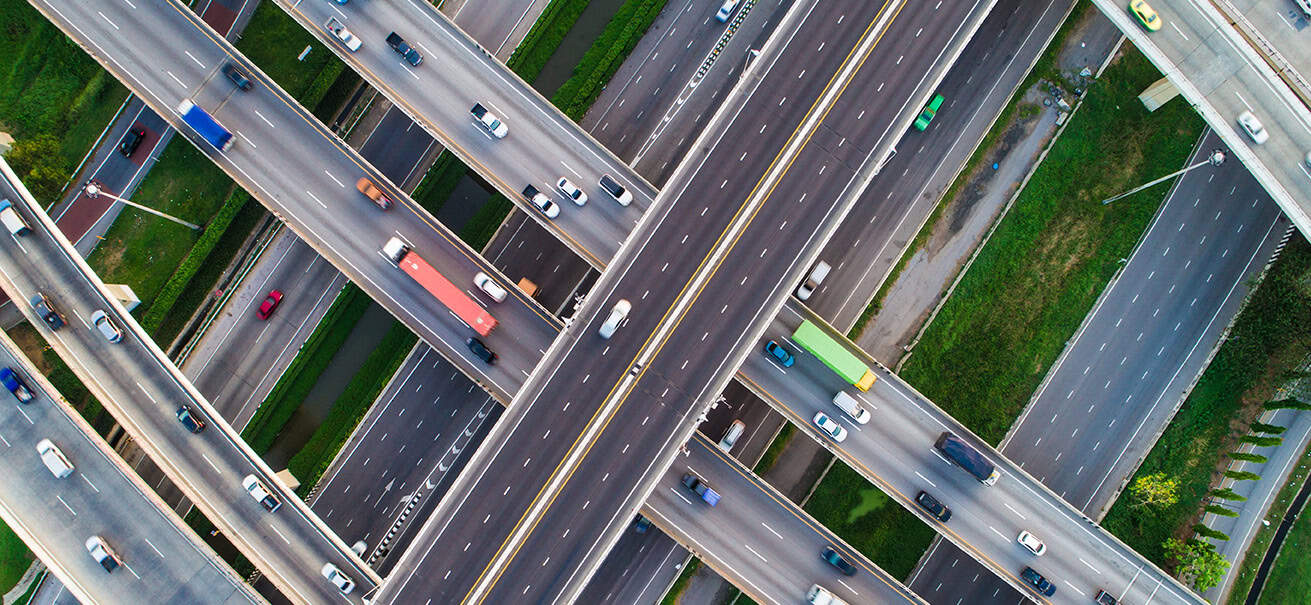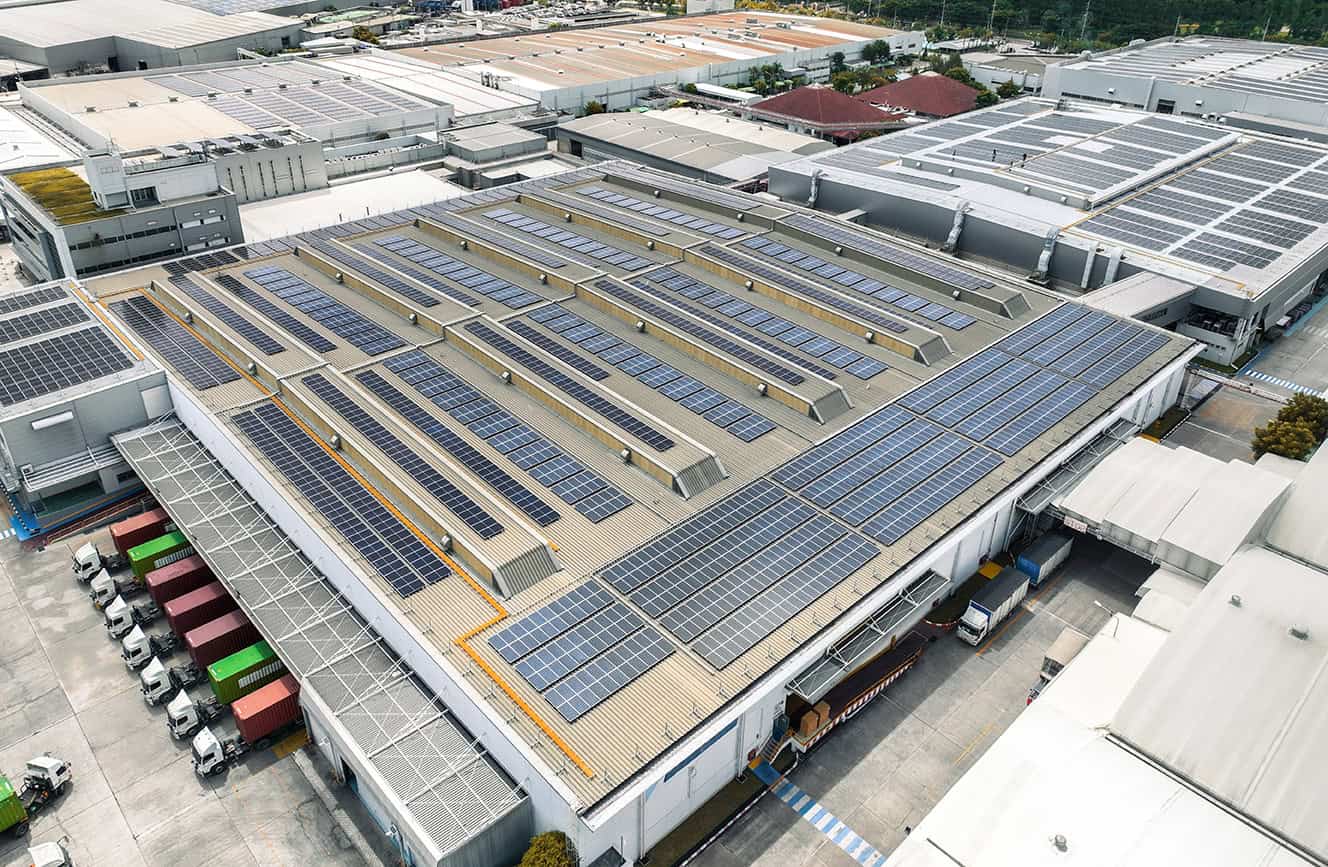
Customs modernization has become a hot topic due to several compelling reasons. With the increased volume of international trade, spurred by B2B and B2C e-commerce technology, customs administrations worldwide are streamlining and upgrading their operations. Modernization activities harness technology for improved risk management, clearance, and compliance because a well-functioning customs system has far-reaching benefits. It enhances trade facilitation, reduces costs, ensures fair revenue collection, and strengthens national security. These advantages underscore the urgency of modernizing customs processes, but importers and exporters need to stay current as these updates impact many aspects of supply chains.
Our 2023 blog addressed customs modernization efforts with a broader scope across major economies. In Europe, customs modernization is an essential component of the European Union’s (EU) Single Market and Customs Union, which aims to create a borderless area for the free movement of goods, services, capital, and people. As a member state of the EU, Germany complies with the EU’s customs modernization framework and takes part in its initiatives and projects.
If you are involved in cross-border trade with Germany, you must be familiar with ATLAS, the electronic customs system that manages all import and export declarations in the country. In this blog, we will explore the main features and benefits of ATLAS, the recent and upcoming changes in the system, and the implications of customs modernization in Germany for businesses and their supply chains.
What is ATLAS, and why is it important?
ATLAS is an acronym for Automated Tariff and Local Area System. The system plays a crucial role in facilitating customs processes, ensuring compliance, and streamlining international trade. It is constantly evolving to meet the needs and challenges of 21st-century trade. Its primary purpose is to facilitate businesses submitting customs declarations and other relevant information to German customs authorities.
ATLAS covers a wide range of customs procedures, including import and export declarations, transit procedures, temporary storage, and inward and outward processing. It also enables the exchange of data with other EU member states, the European Commission, and other government agencies.
ATLAS is crucial for several reasons:
- It simplifies and speeds up the customs clearance process. Companies can submit their declarations online, receive immediate feedback, and track the status of their shipments.
- It reduces the administrative burden and costs as it eliminates the need for paper documents, minimizes errors, and optimizes the use of resources.
- It enhances the security and transparency of the supply chain. Customs authorities can monitor and control the movement of goods, prevent fraud and smuggling, and collect accurate trade statistics.
- ATLAS supports integrating and harmonizing the EU single market, ensuring consistency and interoperability of customs systems and procedures across member states.
What are the recent and upcoming changes in ATLAS?
ATLAS is continuously updated and improved to adapt to changing trade regulations and legal requirements. Recent and upcoming changes to ATLAS include:
- The introduction of the ATLAS/IMPOST web-based system in 2021 for import clearance of postal and courier consignments valued at up to 150 euros. This system simplifies and automates the customs and import procedures for e-commerce parcels and ensures compliance with new EU VAT rules.
- The release of the ATLAS AES 3.0, a new version of the IT-supported export procedure developed to adapt to the requirements of the UCC. This version introduced new data elements and validations for export declarations, such as the country of origin of the goods and the carrier. The transition phase for the changeover to the new ATLAS Export 3.0 release in Germany was on October 29, 2023, and EU-wide on December 1, 2023.
- Upcoming changes in 2024 and beyond are focused on the efficient processing of customs procedures and the introduction of two new systems named WKS and ZELOS. WKS is a specialized application of ATLAS that manages exit summary declarations and re-export notifications according to the legal requirements of the Union Customs Code (UCC). On the other hand, ZELOS is a system that provides seamless communication by offering a central exchange of documents, inquiries, or statements.
These changes aim to improve the security and safety of cross-border trade and the efficiency and effectiveness of the customs clearance process. However, they may also pose some challenges and risks for businesses, such as adapting IT systems and business processes to the new data requirements, compliance deadlines, potential cost increases and delays, and possible penalties for non-compliance. Therefore, businesses should prepare for these changes and seek guidance and support from relevant authorities and a trusted software and service provider.
For the latest information, guidance, and frequently asked questions, please visit the official ATLAS websites.
Helping you stay current
Managing customs declarations and filings can be complex and time-consuming for businesses. That’s where e2open Customs Filing application comes in. The application simplifies the process by ensuring complete compliance with the latest regulations and agency requirements. The application is regularly upgraded with quarterly releases to keep up with customs modernization actions and minimize the risk of compliance issues, saving you time and reducing the chances of customs delays.
E2open is officially certified for ATLAS-IMPOST and ATLAS-AES 3.0 changes. Our teams are working hard to implement upcoming IT changes, such as interfaces with NEE and ECS and the customs procedure changes like temporary storage, inward processing (IPR), and bonded warehouse. We plan to release these upgrades in the second half of 2024, ensuring that our customers can meet the cut-off dates slated for October. We are committed to providing our customers with the best tools and services to help them stay ahead of the curve.
Contact us to explore the capabilities of our unified customs filing solution and discuss specialized needs related to EU and German customs modernization.





